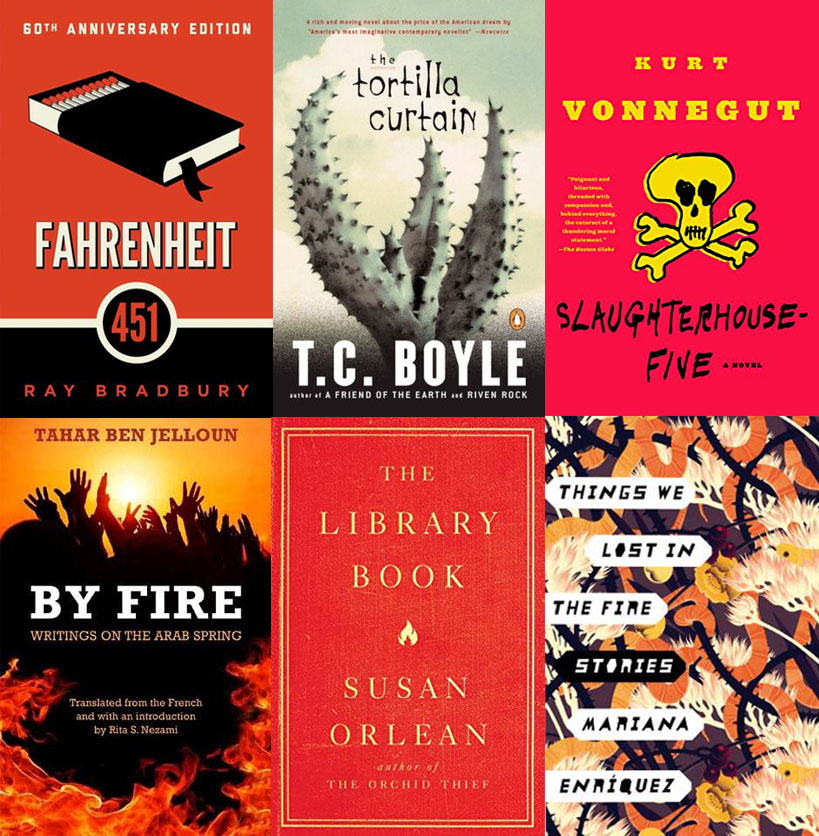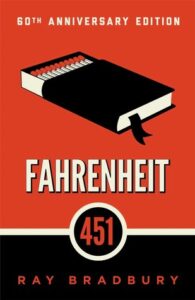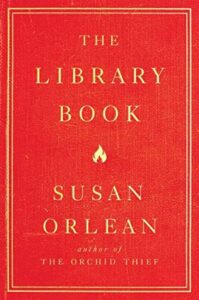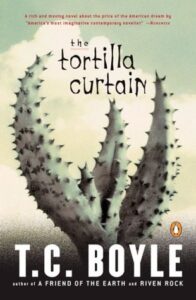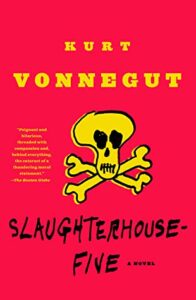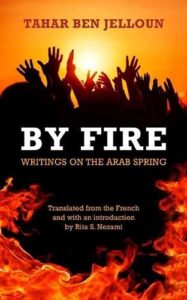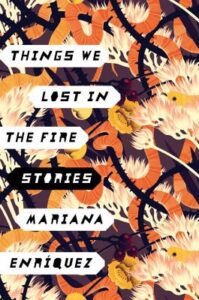BOOK-BURNING
Fahrenheit 451, Ray Bradbury (1953) 
Popular sci-fi writer Ray Bradbury may have based his dystopian classic on book censorship and destruction — at least in part — on the Nazi Reichstag pyre of 1933 in Berlin, a blaze resulting from The Reichstag Fire Decree which “suspended most civil liberties in Germany, including habeas corpus, freedom of expression, freedom of the press, the right of free association and public assembly, and the secrecy of the post and telephone.” None of these rights was reinstated during Hitler’s reign, which ended in the Spring of 1945. However, while book burning may have been a horror of the Inquisition and the Nazis, it continues to be a threat. For instance, in early November 2021, two board members of a Virginia school that called for library removal of “sexually explicit” titles, said they wanted to see such books burned. Commented board member Rabih Abuismail: “I think we should throw those books in a fire.” Somehow one doubts Abuismail has read Fahrenheit 451.

The Library Book, Susan Orlean (2018)
Angelenos were marked by the 1986 fire that destroyed much of the beloved Los Angeles Central Public Library. But Susan Orlean was a new LA arrival and hadn’t known about the calamitous fire that shut down the city’s largest library for seven years, nor did she then know that this was the largest library fire in US history. When during a library tour she first learned of it, she immediately thought to herself, “I have to write this book.” In her non-fiction account, she describes the fire as “feeding itself book after book, a monster snacking on crisps.” The fire reached 2,000 degrees and burned for more than seven hours. Once extinguished, it had consumed four hundred thousand books and damaged seven hundred thousand more. Investigators descended on the scene, but more than thirty years later, the mystery remained: Did someone purposefully set fire to the library—and if so, who? Orlean explores the possibilities, including the story of the prime arson suspect, Harry Peak. The Library Book reads like an edge-of-your-seat thriller.
WILDFIRES
The Tortilla Curtain, T.C. Boyle (1995)
Wildfires have been a threat and an inevitable aspect of life in California for years, a climate disaster captured in technicolor by T.C. Boyle in his 1995 novel The Tortilla Curtain, to terrifying effect. The threat of the wildfire in this narrative weaves through the lives of Californians rich and poor, white and migrant, auguring the even greater fires and resulting damage that have increasingly plagued the state as the planet heats up. Commenting in an interview on The Tortilla Curtain’s continued popularity, over 20 years after publication, Boyle asks rhetorically, “Why has the book endured? Because of the hard sociological and environmental issues it takes on — and which remain unresolved. We are now seeing the effects of global warming, overpopulation, and the fight for resources globally. That’s not going to go away until our species is decimated by war, disease, and famine. We are all one and we are all equally subject to the laws of nature and we are in deep trouble.”
FIRE-BOMBING
Slaughterhouse-Five, Kurt Vonnegut (1969)
As a Wermacht prisoner of war during WWII, young Private Kurt Vonnegut survived the devastating Allied fire-bombing of Dresden by hiding away in a meat locker. Vonnegut and his fellow PoWs were imprisoned in an underground slaughterhouse known by German soldiers as “Schlachthof Fünf.” When the bombers finally relented and flew off, Vonnegut and other Allied PoWs were forced to help clean up. In a letter Vonnegut sent to his family from Germany after being freed from the work camp, he suggested that the fire-bombing had killed 250,000 people in 24 hours, “and destroyed all of Dresden — possibly the world’s most beautiful city.”
SELF-IMMOLATION
By Fire, Writings on the Arab Spring (2016)
Although billed in English as one of the first pieces of fiction resulting from the Arab Spring, the subtitle “Writings on the Arab Spring” is misleading. Tahar Ben Jelloun’s By Fire tells in imaginative prose the tragic true-life story Mohamed Bouazizi’s self-immolation in Tunisia, a horrible death that has been credited with setting off the Tunisian thawra. His novella shows us Bouazizi’s frustration as a humble street vendor who is frequently harassed by the police. As Goodreads notes, “Ben Jelloun’s deliberate ambiguity about the location of the story, set in an unnamed Islamic country, allows the reader to imagine the experiences and frustrations of other young men who have endured physical violence and persecution in places beyond Tunisia. The tale begins and ends in fire, and the imagery of burning frames the political accounts in The Spark, Ben Jelloun’s nonfiction writings on the Tunisian events that provide insight into the despotic regimes that drove Bouazizi to such despair. Rita S. Nezami’s elegant translations and critical introduction provide the reader with multiple strategies for approaching these potent texts.”
Things We Lost in the Fire, Mariana Enriquez (2016)
In this collection’s title story, a group of Argentine women light themselves on fire to protest a viral form of domestic violence. Reviewed in The Kenyon Review, one learns that writer Mariana “Enriquez spent her childhood in Argentina during the years of the infamous Dirty War, which ended when she was ten. Tens of thousands were tortured, killed, or ‘disappeared’ under circumstances later nullified with a blanket amnesty. Clearly these acts, and the concomitant economic instability and corruption, provide the earth for Enriquez’s tales. She also comes from a tradition of Argentinian fabulists, beginning with the revered Jorge Luis Borges. Borges and his friends—the writers Adolfo Bioy Casares and Silvina Ocampo—were so fond of horror that they co-edited several editions of an anthology of macabre stories. The blend of horror, fantasy, crime, and cruelty has a particular Argentine pedigree. This is not fantasy divorced from reality, but a keener perception of the ills that we wade through.”
Send us your recommended FIRE titles, to info@themarkaz.org, and we’ll share them with TMR readers.



